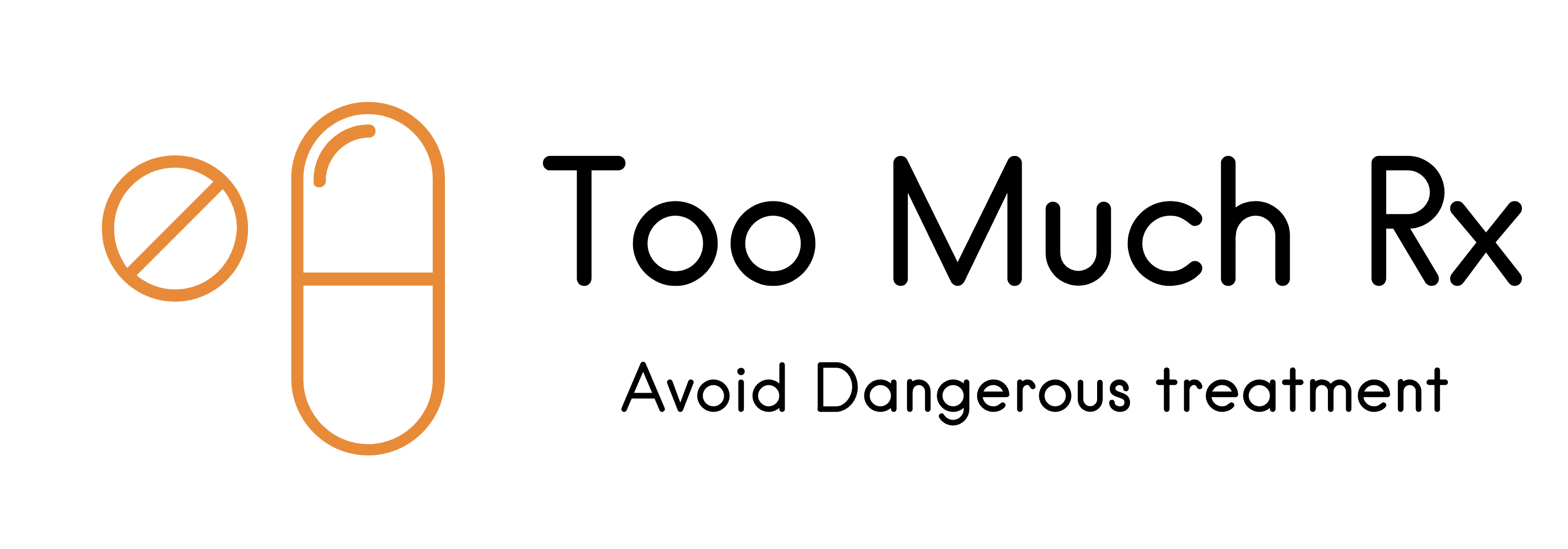While many rehab center operators are sincere in their efforts to help people battle their addictions, a large number of rehab centers abuse the system relentlessly.
To these disreputable centers, drug users are commodities, exploited by a growing world of drug and alcohol rehab operators who put profit ahead of patient care. A common practice amongst rehab facilities is “body brokering”, using patient recruiters to take advantage of the desperation of addicts and refer them to the highest bidding facility not based on best interest, but in order to get commission. In some cases these recruiters have even been known to provide drugs to the addicts to have them relapse and in turn make more money off of them.
It is imperative for consumers to be aware of who they’re dealing with.
Signs of a problematic rehab center:
- They offer free sober living. In many cases, rehab centers use sober living homes as a way to store future patients. Sober living homes operate with fewer regulations, and many in the industry suggest sober living is a spot where recovering addicts often slip back to old habits.
- The center or a representative (patient recruiter) is offering to pay for a one-way airline ticket from out of state. Insurance rules in California allow people moving here from out of state to sign up for insurance upon arrival. In some rehab centers, getting patients from out of state is a strategy that helps to run up billing.
- The center or a representative (patient recruiter) offers to buy your insurance or take you on “scholarship.” Again, the promise of short-term medical insurance typically is a benefit for the rehab operator, allowing billing to begin with or without the offer of good medical care.
- More than 8 people in group therapy sessions. Many experts suggest larger sessions aren’t beneficial.
- The center is eager to check you in without a proper alcohol or drug and mental health assessment.
- The center will pay for your deductible or co-pay.
- The center is not run by a credible professional.
- Almost anyone can run a rehab-related business in California. No degree, medical or otherwise, is required to get a license. Some centers are run by ex-cons who earned certificates in rehab center management from prison schools, others by doctors who have had their licenses in the crosshairs of the Medical Board of California.
Here are questions you should ask:
- How many licensed mental health professionals are on staff? This is particularly critical if you’re diagnosed with both an addiction and a mental health problem.
- Are the clinicians you profile on your website actually on the premises? Many centers advertise medical services that aren’t available.
- Will I get one-on-one therapy with a licensed therapist?
More on essential questions to ask before picking a rehabilitation facility HERE

